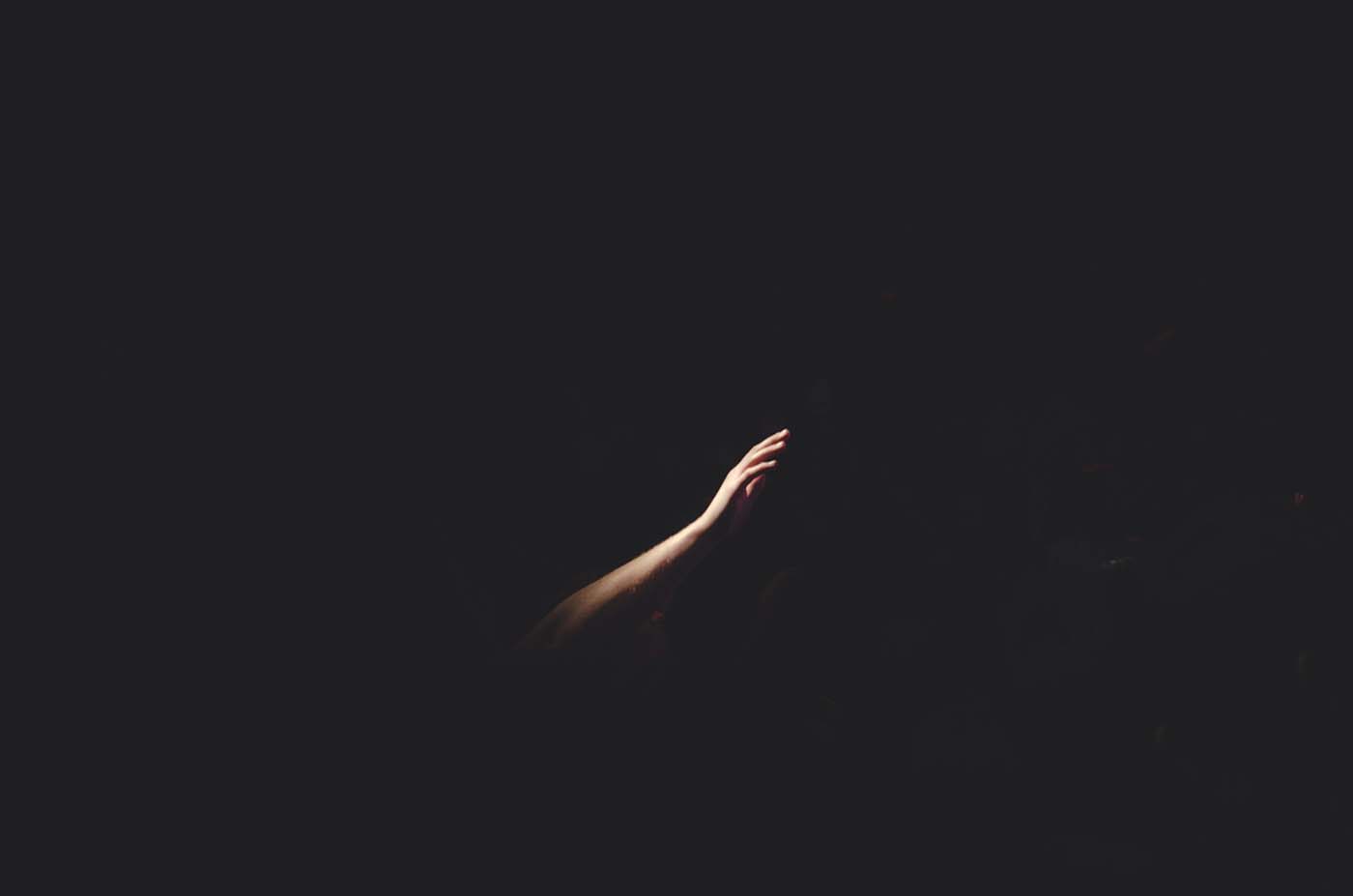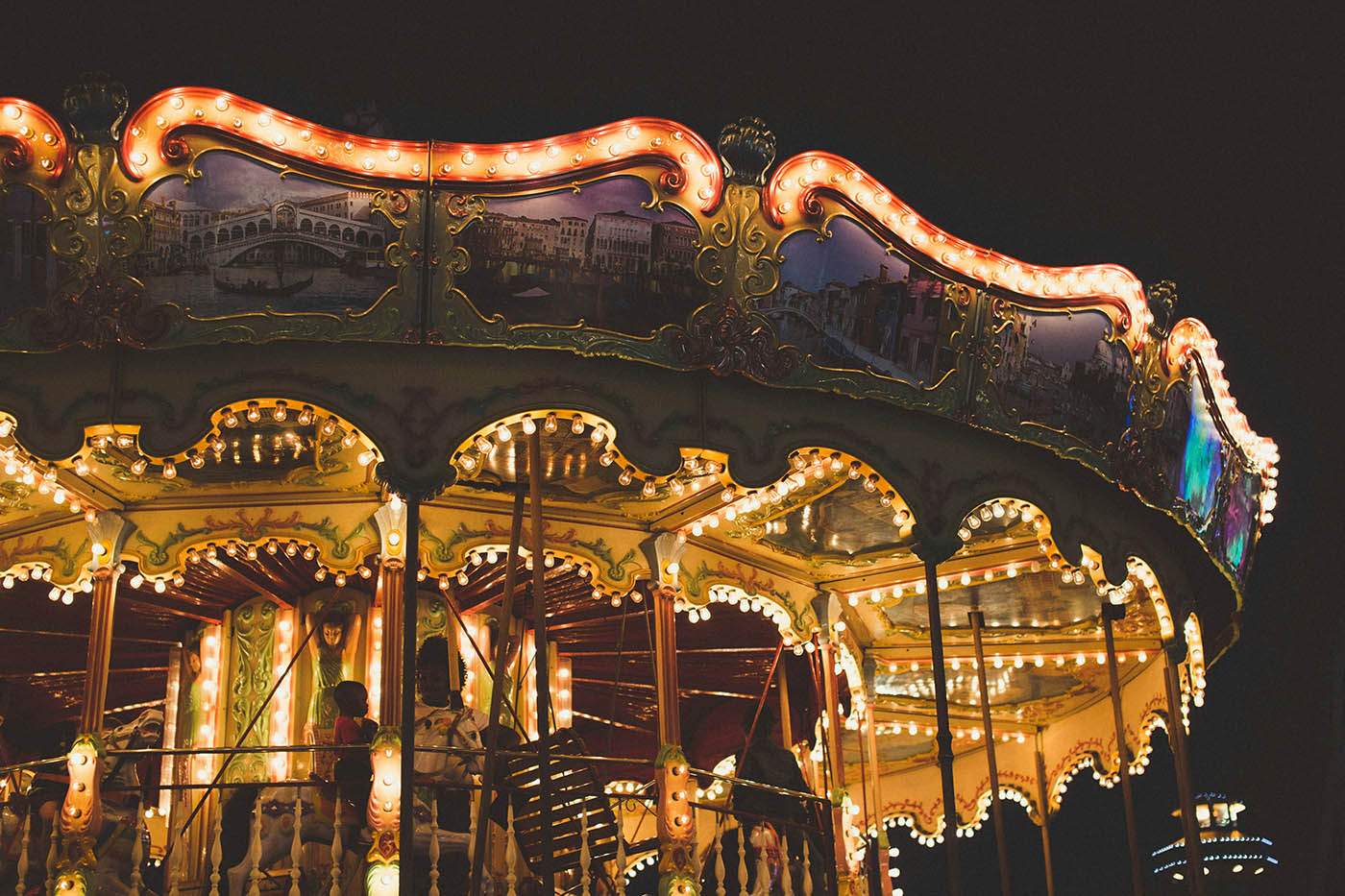Sensory deprivation via natural or manmade caves has now become, if not routine, certainly[...]
Using fMRI technology, scientists for the first time have revealed significant - albeit temporary[...]
Read enough stories on the topic of spiritual awakening and you'll discover a common[...]
The material world is not what we perceive it to be. This is the[...]

A Darkness Retreat for Your Soul
Would you be willing to immerse yourself in a manmade cave without light for a day, a week, or longer, with the hope of accessing some mysterious and potentially life-changing aspect of your self?
That’s the idea behind ‘dark retreats,’ a modern approach to an ancient and advanced Buddhist practice during which participants spend extended stretches of time immersed in complete darkness.
Deprived of light and the endless distractions that come with it (it should go without saying that smartphones and other devices are prohibited), the mind is left to wander and, over time, create realities of its own, lay bare its entrenched practices, and eventually surrender to the dark.
That’s the idea, anyway.
The Benefits of Dark Retreats
Emerging from the dark, retreat participants speak of hallucinatory visions, some good, some not so good, some otherworldly. (Visit the website of an Oregon-based dark retreat, recently profiled in an Outside magazine story, and you can watch a video of participants describing – sometimes through tears – life-transforming revelations they say emerged in the dark.)
“In order for the light to shine so brightly, the darkness must be present.” – Francis Bacon
Although participants are encouraged to drop all their goals and desires and simply allow the darkness – without and within – to serve up what it must, it’s probably disingenuous to expect someone to invest the money and time without anticipating some benefits.
As for those benefits?
For starters, research into sensory deprivation suggests that over time they can lead to an expansion of consciousness and the experiences of peace and acceptance that come with it. In her studies of individuals who regularly spend time floating in sensory deprivation tanks (body-temperature water and epsom salts), Swedish psychologist Anette Kjellgren recorded reductions in anxiety, pain, and depression.
It’s worth noting that Kjellgren found these benefits – along with aforementioned states of expanded consciousness – most common in open-minded, present types.
Some research has suggested that sensory deprivation can lead to activation of DMT (a powerful hallucinatory molecule known to exist in human cerebrospinal fluid) and the ecstatic states that come with it.









